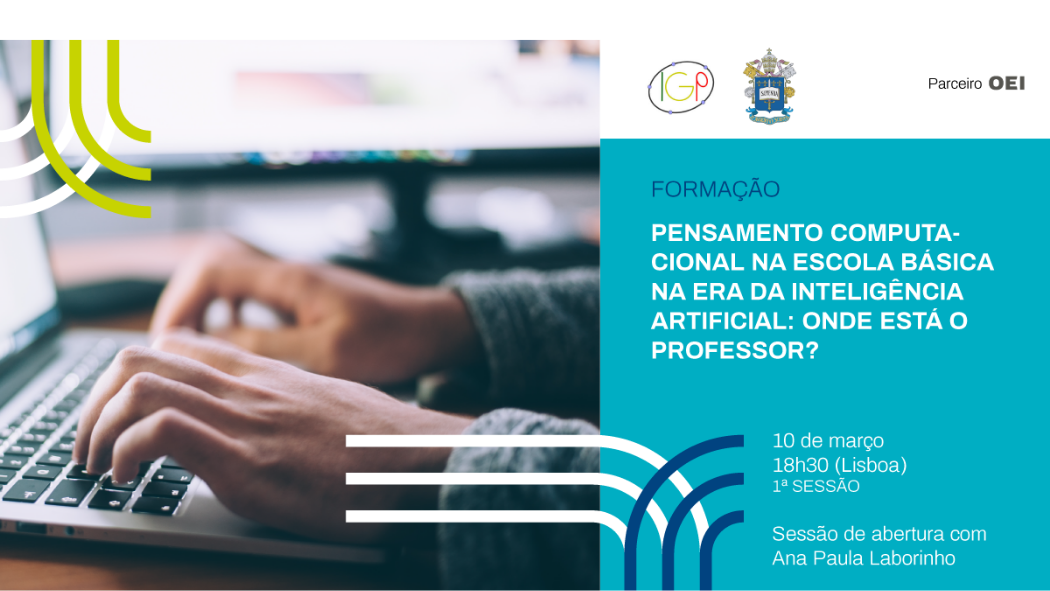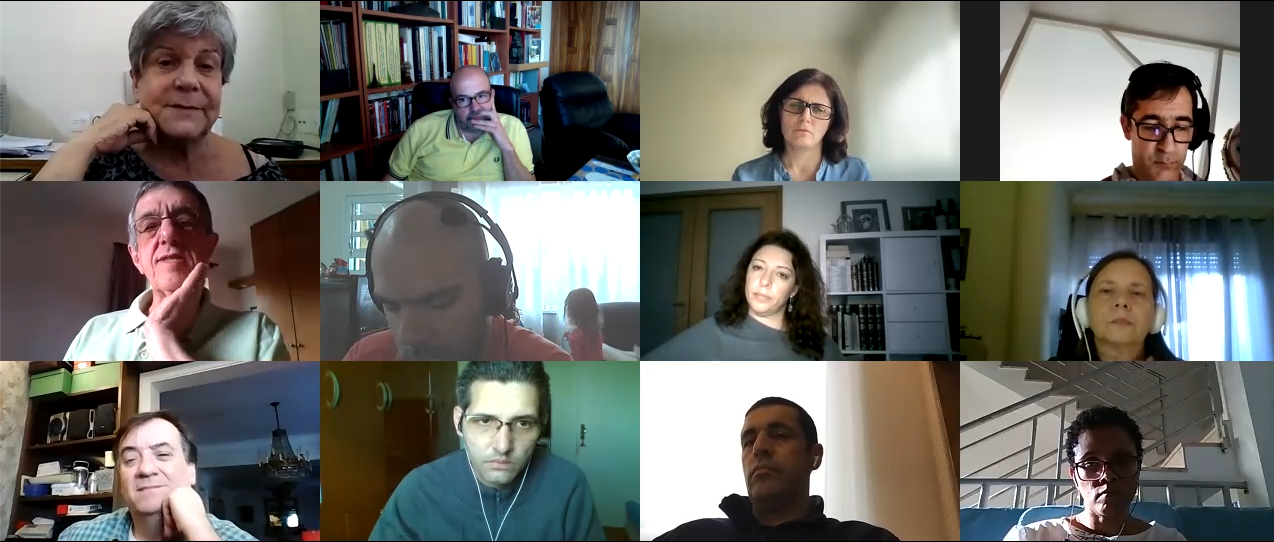About
The term computational thinking brings a new approach to the area of cognitive science with the premise that the inclusion of Computer Science concepts in basic education develops a different abstraction skill, which helps children solve problems in all areas of life , not just in the use of computers or for future computer scientists. Computational thinking, as a cognitive process, systematizes the problem-solving steps, the algorithm, which can be applied in other sciences. Thus, the project aims to offer basic school teachers, preferably from public schools, training in the context of computational thinking and evaluate the impact of these teachers' understanding of technology concepts and algorithms. It is expected that the introduction of computational thinking in training courses can effectively influence teachers' understanding of the topic and have positive impacts on their teaching practice.
The project was awarded one of the three ex aequo awards at the 1st PUCSP Artificial Intelligence Congress.
The first session took place on March 10, 2021. The OEI, through the Portugal Office, participated in the opening of the 1st session of the reflection process on the role of the teacher in promoting computational thinking in the era of Artificial Intelligence, at Escola Básica .

In addition to the institutions to which the coordinators belong, the following collaborate on the project: Agrupamento de Escolas do Castêlo da Maia, Portugal; Escola Superior Pedagógica do Bengo, Angola; Externato Camões, Portugal; INED College Nevogilde, Portugal; University of Cape Verde, City of Praia, Cape Verde; Federal University of Rio de Janeiro, Brazil; Universidade Presbiteriana Mackenzie, São Paulo, Brazil;Senac - National Commercial Learning Service, São Paulo, Brazil.

The project has the participation of the following professors and researchers:
Ana Paula Kimuanga (ESPB, Angola);
Alexandre Emanuel Batista Trocado (IGP and EC, Portugal);
Astrigilda Pires Rocha Silveira (UNICV, Cape Verde);
Adelcides Rodrigues (UNICV, Cape Verde);
Etelvina da Conceição Correia Loureiro (AECM, Portugal);
Francisco de Souza Escobar (SENAC – SP, Brazil)
Marcio Vieira de Almeida (IGISP and UFRJ, Brazil)
Margarida Meireles (AECM, Portugal);
Nuno Gaspar Guimarães (INED, Portugal);
Susana Paula Neves Nogueira Azevedo (AEDD, Portugal);
Ubirajara Carnevale de Moraes (UPM-SP, Brazil);
Vera Lucia Antonio D’Azevedo (UPM-SP, Brazil).
The second session took place on April 8, 2021, with Professor José Armando Valente from the State University of Campinas (UNICAMP) being invited. In this session, the guest shared his research work around the theme of computational thinking, enriching reflection on within the project research team.


The third session took place on May 6, 2021, with the next scheduled for June 3, 2021.



